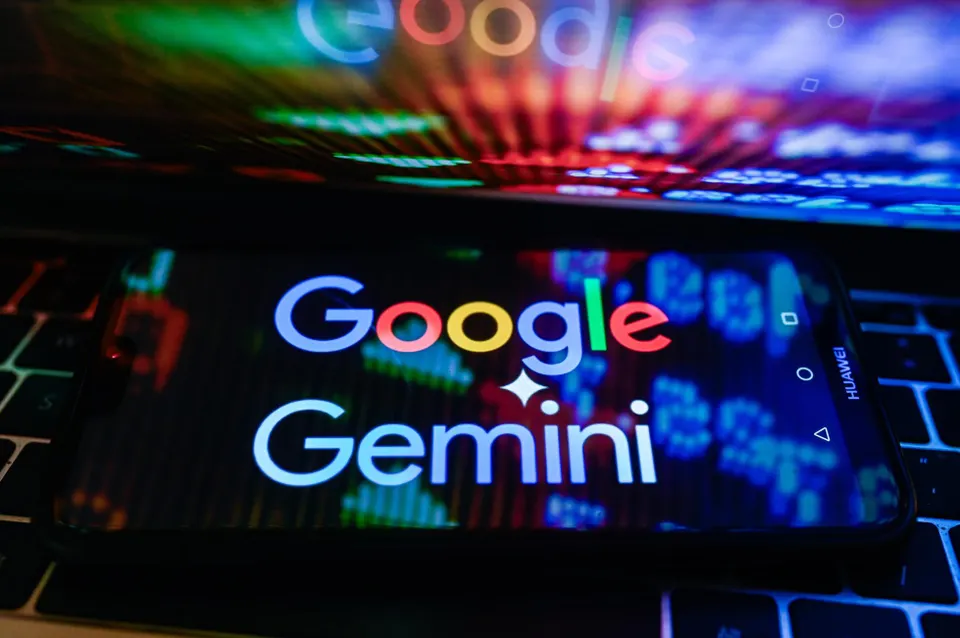Google has launched Gemini Enterprise, a new AI-driven platform designed to streamline corporate workflows and enhance content creation. The platform integrates Google’s internal and third-party technologies, providing employees with secure, code-free access to advanced AI capabilities.
Gemini Enterprise enables users to interact with corporate data, automate tasks, and utilize intelligent agents for information retrieval and workflow management. According to Thomas Kurian, CEO of Google Cloud, the platform “democratizes AI access,” making sophisticated AI tools available to teams beyond data specialists, including marketing, sales, and operations.
The subscription is priced at $30 per user per month, with seamless integration planned for leading enterprise applications such as Salesforce and SAP. This approach extends Google Cloud’s ecosystem while ensuring employees can leverage AI in their daily operations.
The launch was highlighted during Alphabet’s “Gemini at Work” event, showcasing Google’s ambition to consolidate its AI offerings under a single platform. The company is embedding Gemini models across its products, including Chrome, signaling a push to make AI an essential business tool.
Demonstrations revealed practical use cases: for example, marketing teams can deploy Gemini agents to plan campaigns, analyze market data, check inventory, place orders, and even generate social media content automatically.
Google emphasizes that nine out of ten of the world’s top AI labs already rely on Google Cloud’s computational resources. The company projects that cloud services contracts will contribute approximately $106 billion in revenues, with $58 billion expected growth by 2027, underlining the central role of Google Cloud in Alphabet’s business strategy.
The platform will be available in all countries where Google Cloud operates and will initially support more than ten languages.
While Gemini Enterprise aims to redefine corporate AI, industry leaders such as Amazon co-founder Jeff Bezos caution that the current surge in AI spending resembles an industrial bubble, suggesting careful monitoring of ROI for corporate AI investments.


